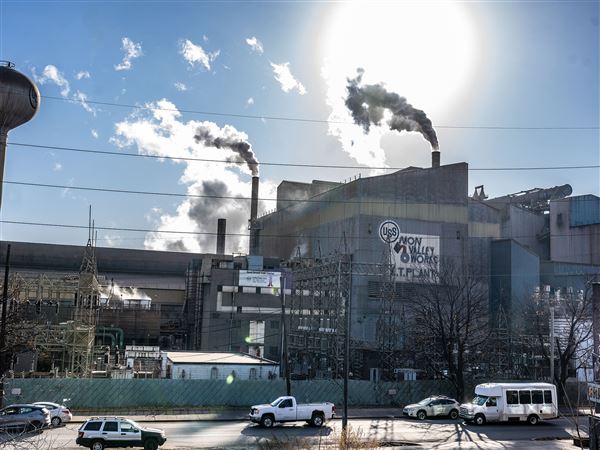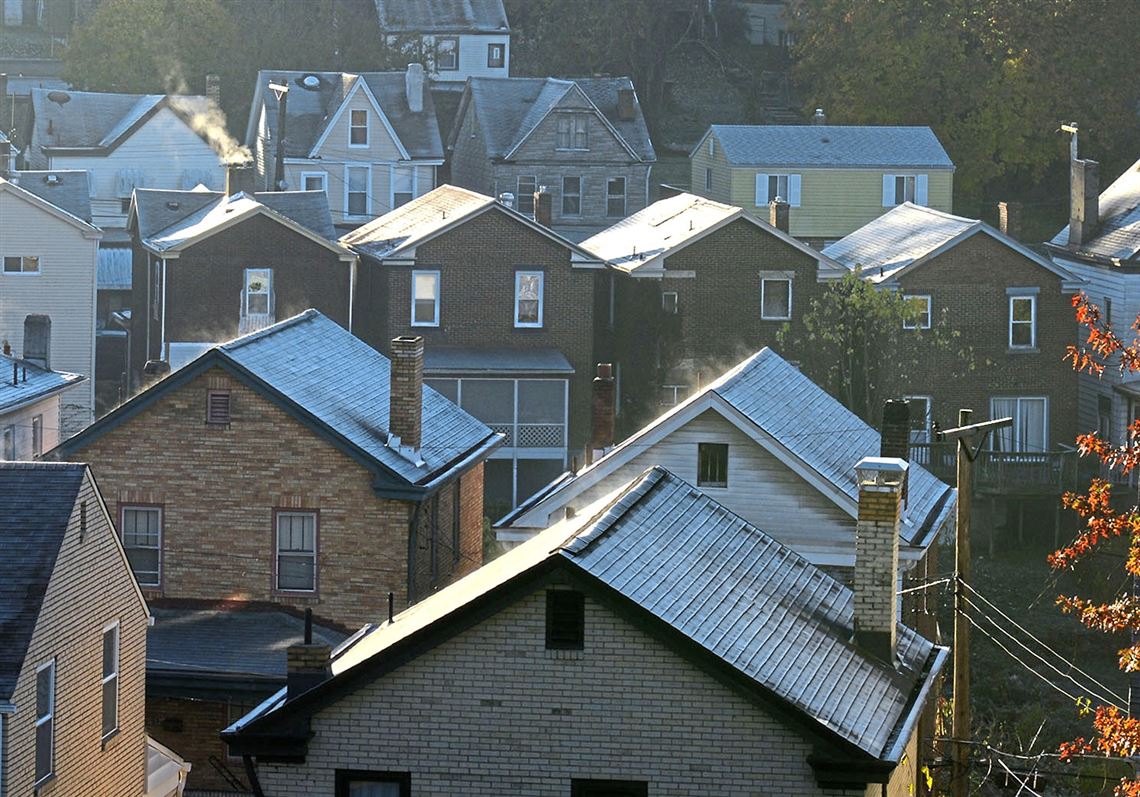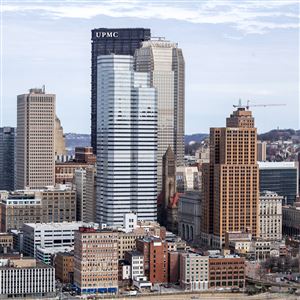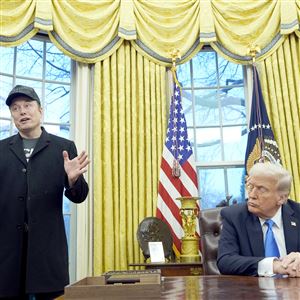For many families, buying a house in Pittsburgh will be a little more expensive come next year.
City Council on Tuesday approved a controversial increase in realty transfer taxes, bumping them from 4 percent to 4.5 percent effective Feb. 1.
Extra revenue from the change, expected to be several million dollars a year, will support the affordable housing trust fund that council approved a year ago but had yet to pay for. The vote on the tax increase was 7-2, with council members Darlene Harris and Natalia Rudiak dissenting.
“This is about permanently changing the lives of Pittsburgh families,” said Celeste Scott, the housing justice organizer at Pittsburgh United. The activist coalition has lobbied hard for the trust fund, also known as the Housing Opportunity Fund, which Ms. Scott said will let more than 7,000 city families stay in their homes or move into affordable, safe housing.
Aid programs through the fund are expected to include closing-cost assistance for eligible first-time homebuyers. That would effectively blunt the transfer tax increase for many lower- to middle-income purchasers. Other offerings could feature foreclosure prevention, rental assistance, help with home repairs and new housing.
The effort follows findings from a task force that detailed an affordable housing shortage for low- to moderate-income city residents. More than 23,000 Pittsburgh households spend more than half their income on housing, making those families susceptible to foreclosure, eviction and other hardships, according to legislation that created the fund.
At the same time, critics have said a higher transfer tax rate likely will discourage home-buying in the city, where the taxes already outpace those in suburban municipalities. City Controller Michael Lamb pushed council to reconsider the measure after a preliminary vote last week. The legislation passed Tuesday would let the rate to climb to 5 percent in 2020, staggering the increases as part of a council compromise.
“You continue to make home ownership more expensive and living in Pittsburgh more difficult and somehow act surprised when census data shows continued drops in city population,” Mr. Lamb wrote in an email to council last week. “Your actions will only serve to worsen an already-existing housing glut in the city while doing very little, if anything, to improve affordable housing options.”
Still, Mayor Bill Peduto has signaled that he will sign the tax increase, calling it “the most fair option available” to make sure the housing trust is funded fully.
An earlier proposal had called for putting the transfer tax rate at 5 percent as early as 2018, but council reshuffled some existing city money to help fund the housing trust. Council members also approved $2 million from the reshuffling to support improvements next year in early childhood education.
Transfer taxes amount to a one-time charge based on a property’s sale price. It’s paid at the time of purchase, often split between the buyer and seller.
Councilwoman Theresa Kail-Smith said council has agreed to review effects from the higher tax and to establish a sunset clause to repeal the increase in 10 years.
Adam Smeltz: 412-263-2625, asmeltz@post-gazette.com, @asmeltz.
First Published: December 20, 2017, 2:51 a.m.















